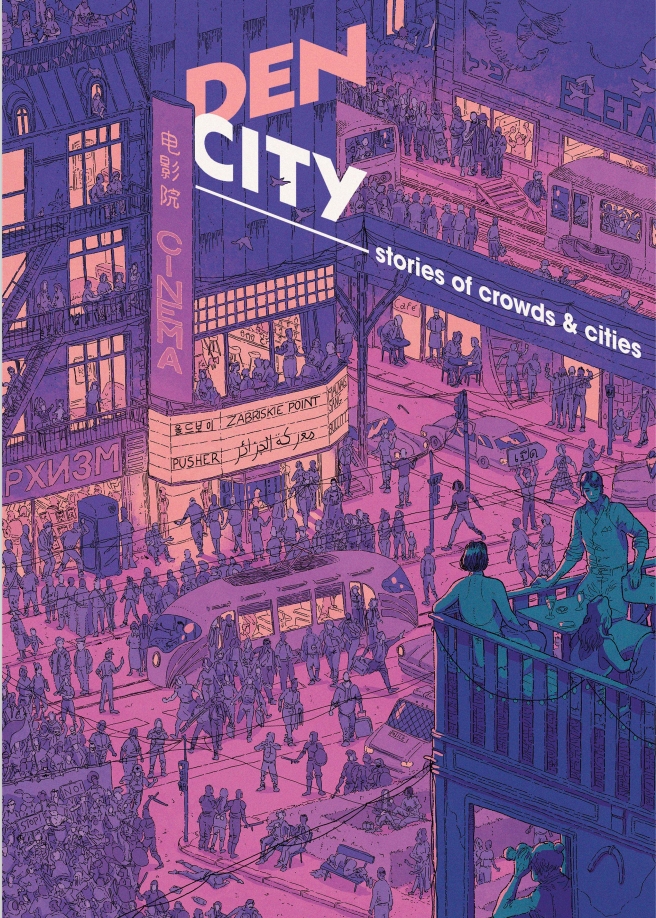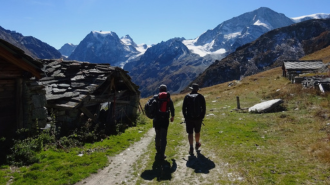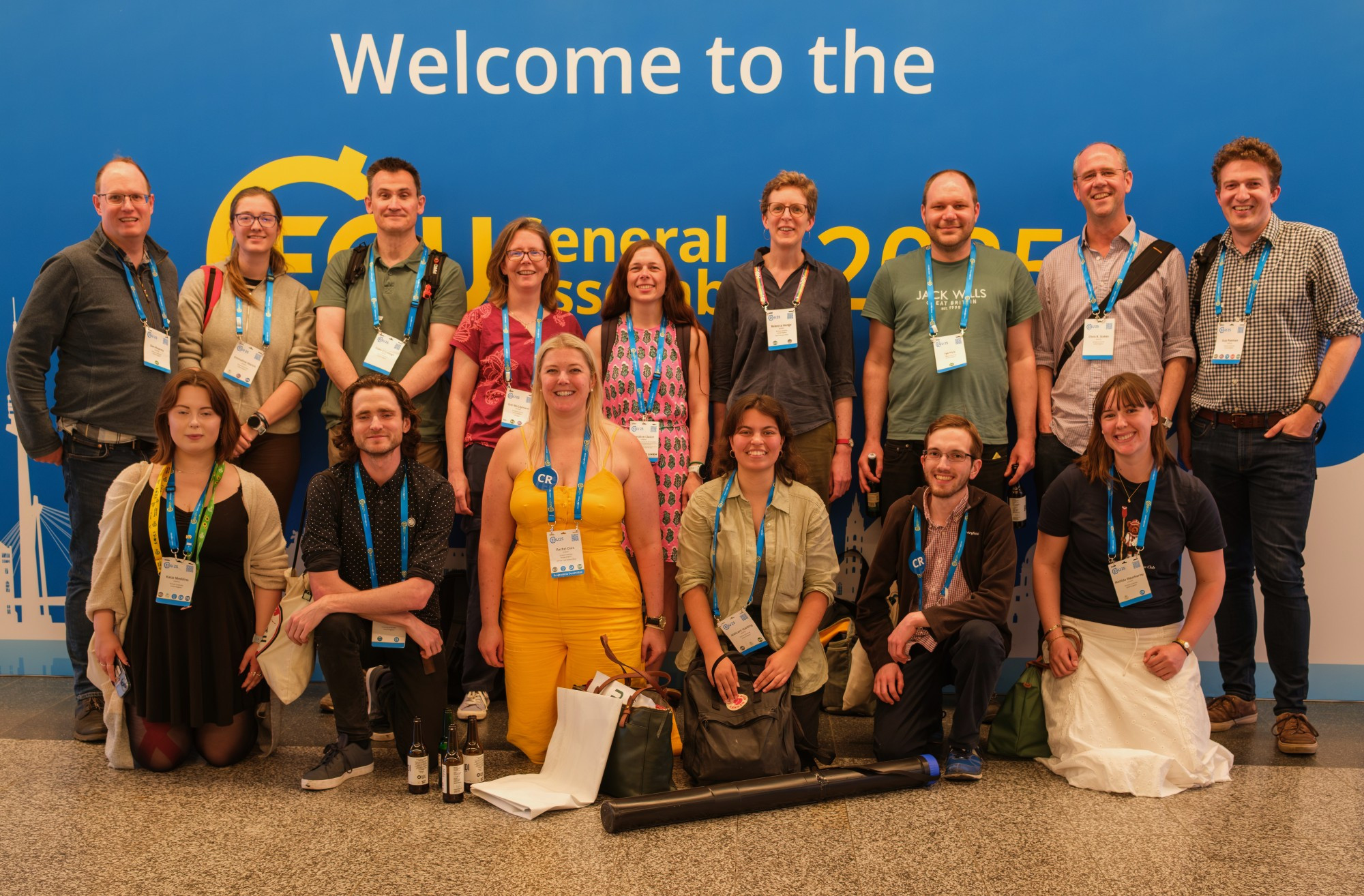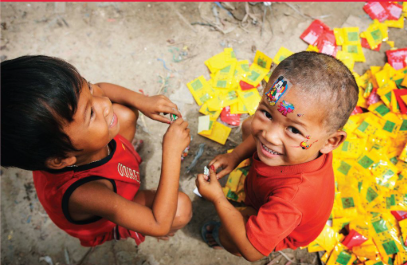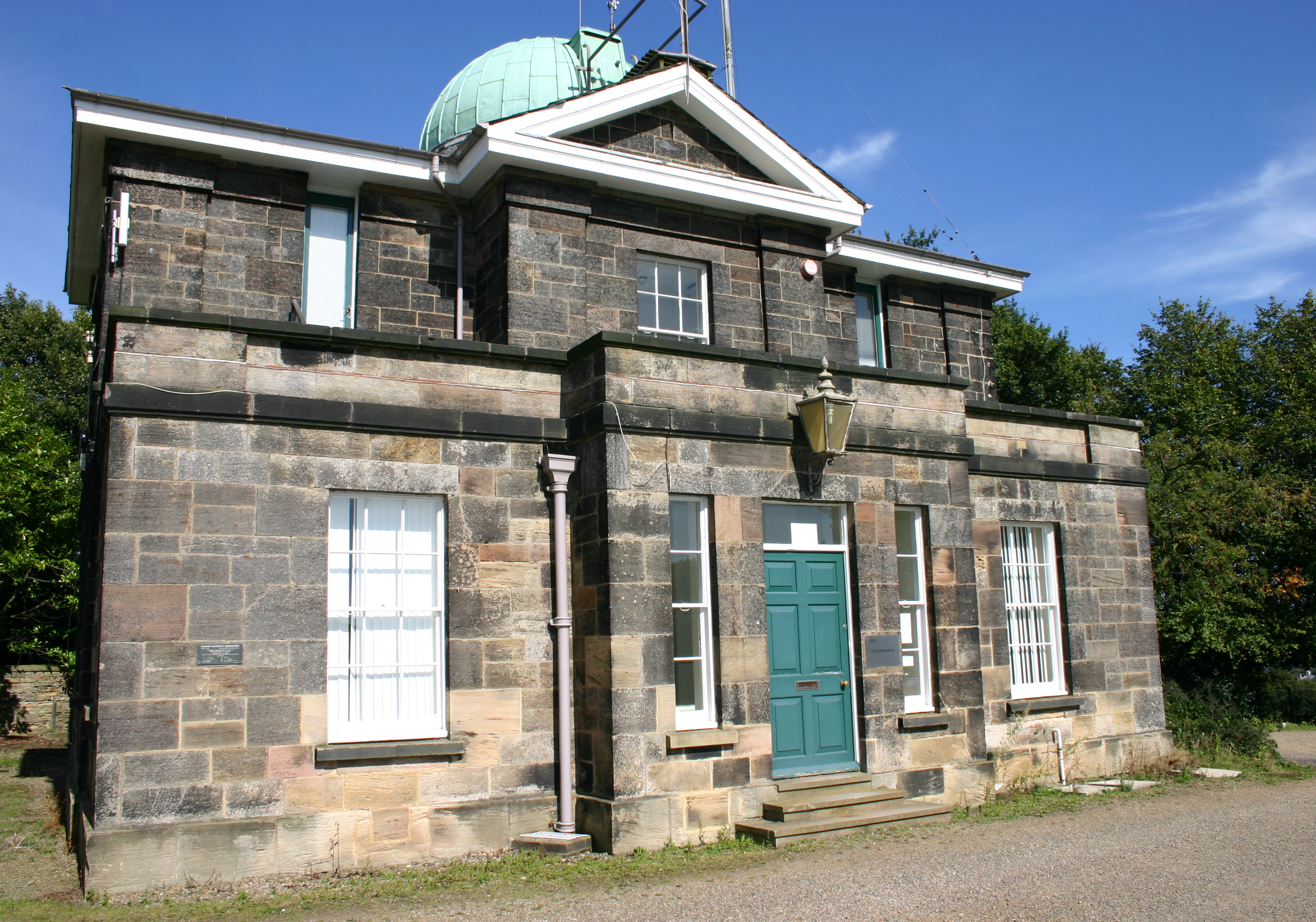Virtual Library
Our staff and postgraduate students are innovative, creative scholars.
Audio-Visual Media
Our research community utilise a range of audio-visual media to communicate their research in dynamic and engaging ways. Check out some of these films and podcasts.
Creative Media
Our research community produce a range of creative media outputs as part of the dissemination of their research.
Research and Impact
We are a large department of human and physical geographers conducting world-leading research that addresses pressing socio-economic, political and environmental challenges.
Our Research Community
We are a world-leading research community of human and physical geographers conducting innovative and impactful research to transform lives and make a difference, globally and locally, addressing the pressing socio-economic, political and environmental challenges of our time.
Sustainable Development Goals
Much of the research that we do and the impacts that we make are relevant to the pursuit of the United Nations Sustainable Development Goals (SDGs).
170 Years of Weather Data
Apart from the Radcliffe Observatory at Oxford, Durham University Observatory has the longest unbroken series of meteorological observations for any university in the UK.
Contact Us
Founded in 1928, the Department of Geography at Durham University is one of the leading centres of geographical research and education in the world.
Department of Geography
Postgraduate Study
Durham University
Lower Mountjoy
South Road, Durham
DH1 3LE, UK
Tel: +44 (0)191 33418000


/prod01/prodbucket01/media/durham-university/departments-/geography/Matt_Couchmann-3872X1296.JPG)
-1.png)

